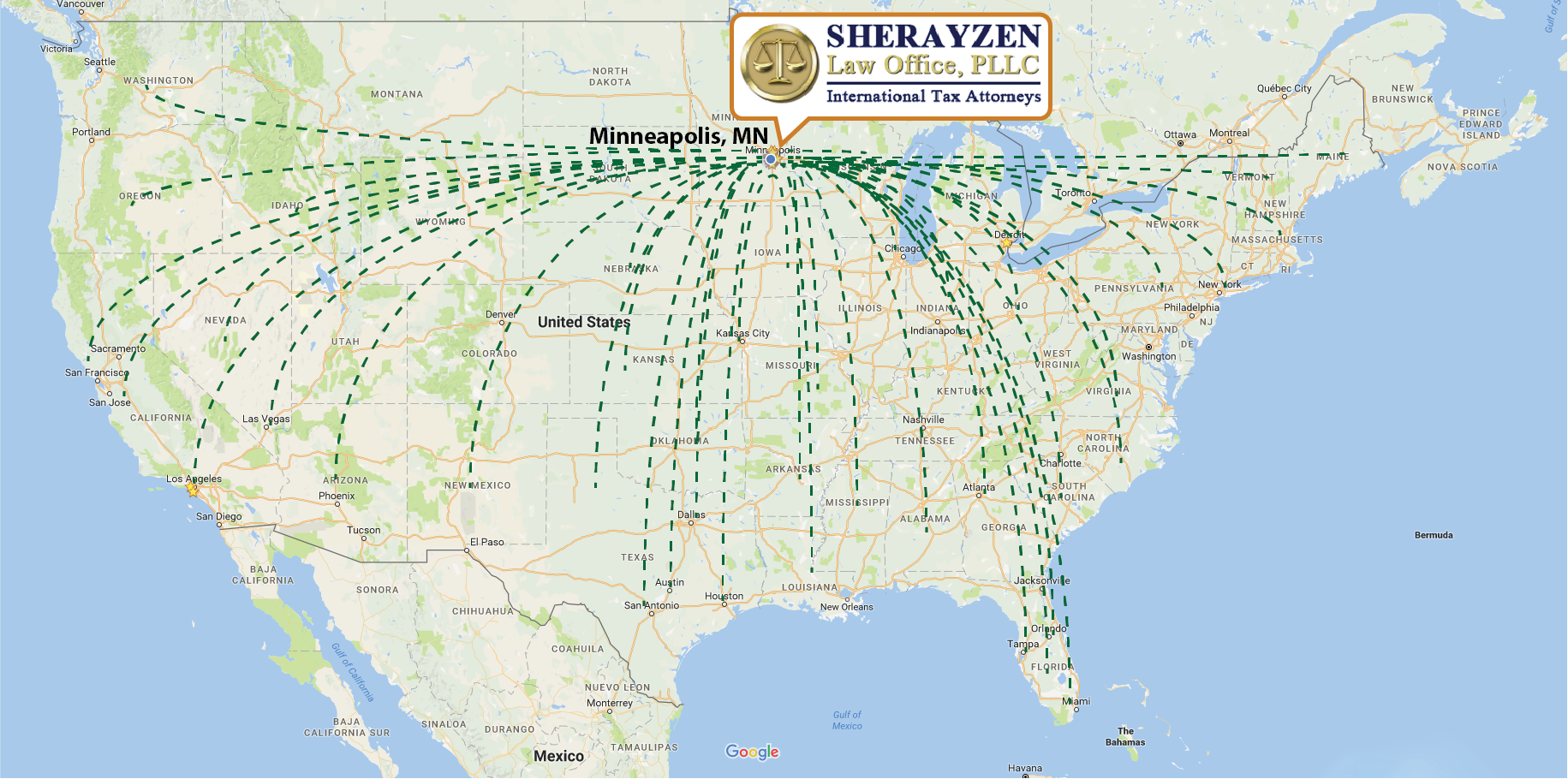Why Are FBAR Penalties So High? | International Tax Attorney
Now that we’ve talked about the Income Reporting Requirements, let’s talk about the Information returns. Again, I’m going to limit myself to the most common Information Returns, simply because otherwise we will be talking about it for quite awhile, longer than the time allotted.
The most dangerous and the most important Information return that exists is FBAR. How many people here have heard of FBAR? (A few raised hands in the audience)
FBAR is the report of Foreign Bank and Financial Accounts. It’s official name is FinCEN Form 114; it used to have a very lovely name, ‘TD F 90-22.1’. The FinCEN Form 114 replaced TD F 90-22.1 about three years ago; but I still remember it and I can say without hesitation, how impressive this form was to me.
Why is it so important? If you look at your handout on the right-hand side, where the listed of penalties are referenced, it becomes very clear why compliance with this form is a Centerpiece of US Tax Compliance; US Tax Enforcement efforts are focused on this form. Very few people know that FBAR is actually not a tax form in of itself and comes form Title 31, Bank Secrecy Act that was passed in 1970.
The Internal Revenue Code, Title 26 partially explains why the penalties are so high with respect to the FBAR. Originally it was not meant to fight Tax Evasion but to fight Money Laundering and Financial Crimes so, the penalties there naturally are associated with Criminal Activities.
What happened after 2001 is that the function of enforcing the FBARs was turned over to the IRS and ever since that time, the FBAR turned into a Tax Enforcement mechanism and a very effective one, due to the penalties associated with it.



